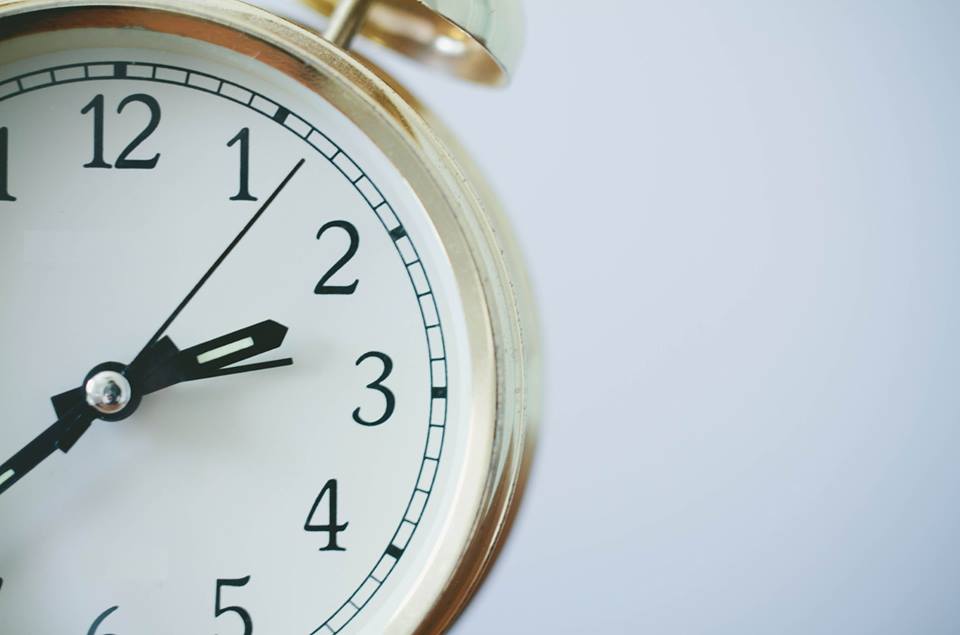7 Tips to Organise Time

Time is a created thing. To say ‘I don’t have time,’ is like saying, ‘I don’t want to. – Lao Tzu
We all have time. 24 hours to be precise. While conducting research, however, it feels like you have only two or three hours. Due to the level of attention, your work requires you don’t notice the time going by. Being disorganized could lead to you working on aspects of research that are not significant.
Creating a Master Plan
“Eat a live frog every morning, and nothing worse will happen to you for the rest of the day.” – Mark Twain
What Mark Twain is trying to say is, do the task you consider the worst, first. While starting your research the bigger picture may look intimidating, and procrastination becomes your best friend. Research needs time, take it one step at a time.
Effective time management helps ease your workload, increase productivity, and help keep track of your activities. Let us explore some strategies to effectively organise your time.
1. Get organised:
Being organized saves time and gives you the confidence of having things under control. The 80:20 rule suggests breaking tasks into logical, manageable chunks of work. Don’t meddle with tasks that are less important.
Get organised – planning time is essential as it gives you the confidence of being in control – Tweet that
2. Prioritise important tasks first:
Each day, identify two or three tasks that are crucial and do those first. Make a checklist for each day and cross out completed tasks. CCarryoverrest of them to the next day.
3. Earmark a time:
The best way to make progress is to get into a routine. Set time aside each day for Reading or Research work and don’t let other demands to eat into this time. Don’t break the routine and over a period of time it will become an enjoyable habit.
4. Just-a-Minute-Please:
Just-a-minute implies you take a minute to note it down; probably the simplest but most effective item on the list. When you come across a new topic of interest that may aid your research, jot it down on your phone or in your tracker.
Read more on the topic here: How to keep track of your research literature.
JAM – When you come across a new topic of interest, take Just-a-Minute to note it down – Tweet that
5. Identify time drainers:
Identify and remove time wasting activities. It could be a favourite restaurant, which is so crowded, that you end up waiting endlessly in the queue!
6. De-clutter your work environment:
Unsubscribe from e-mail lists you’d impulsively subscribed to. Keeping your table and computer clean and organised will keep you feeling refreshed and focused.
7. Visual Aid
Make wall charts, use whiteboards or Posters that can be displayed in your workspace that constantly reminds you of work that needs to be done. Sticky notes are good reminders for short term plans. Use different colours to represent the urgency of a task. Say, Red for a high priority task and Blue for a lower priority one.
Organizing gives you free time, utilise such time to relax your mind with fun activities like listening to music, reading or calling a friend. Also, don’t forget to reward yourself after a hard day’s research, you’ve earned it.

 Previous Post
Previous Post Next Post
Next Post